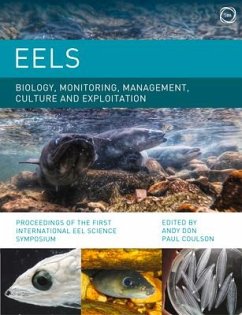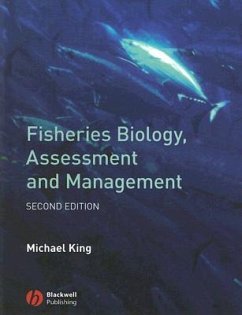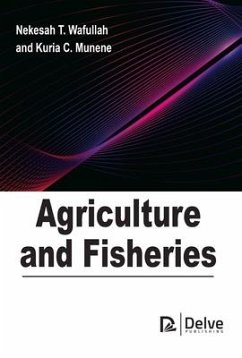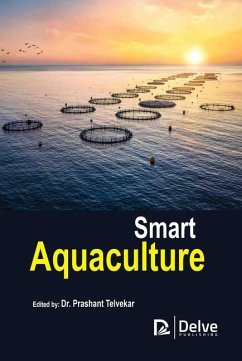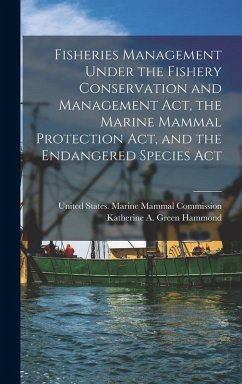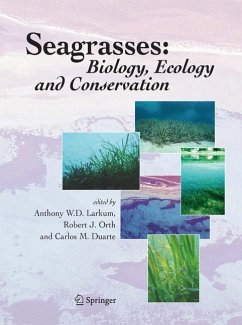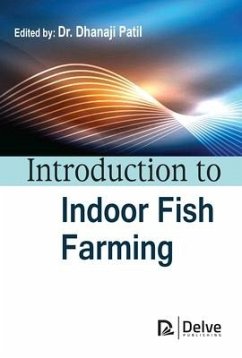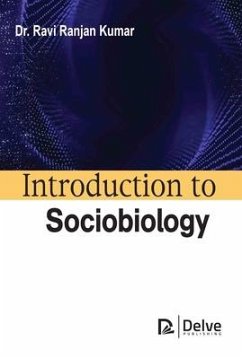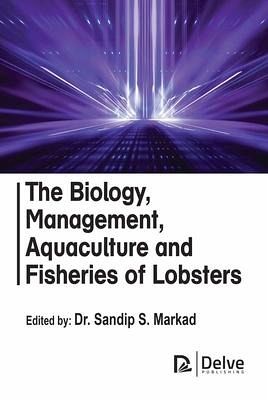
Gebundenes Buch
The Biology, Management, Aquaculture and Fisheries of Lobsters
Versandkostenfrei!
Versandfertig in über 4 Wochen

PAYBACK Punkte
62 °P sammeln!




The management of extensively fished lobster populations is not only a biological and economic issue but also a political one in many countries. This book serves as a valuable resource for understanding the fundamental elements of lobster aquaculture.
Dr. Sandip Markad is currently working as an Assistant Professor in Department of Fishery Science, Toshniwal Arts, commerce and Science college, Sengaon, Dist: Hingoli, Maharashtra. He completed his Bachelor of Fishery Science (B. F. Sc) in 2007 and Master of Fishery Science (M. F. Sc.) in 2009 from Dr. Balasaheb Sawant Konkan Krishi Vidyapeeth, Dapoli (MS). He qualified NET (Fishery Science) in 2012 conducted by National Agriculture Recruitment Board (ICAR), New Delhi and secured his Ph. D. in Fishery Science from Swami Ramanand Teerth Marathwada University, Nanded, Maharashtra in 2022. His specialization is Fisheries resource management and extension Education. He worked as research fellow in research projects during 2009 to 2013 and joined duties as an Assistant Professor from December 2013. He has published 20 research articles, 02 book chapters, 08 popular extension articles. He has completed two research projects sanctioned by Rajiv Gandhi Science and Technology Commission, Mumbai. He played key role of Organizing secretary for organization of one day National Conference on "Advances In Fisheries, Biological And Allied Research (AFBAR-2019)" during March 2019. He has organized 04 training programs on fish seed production and aquaculture techniques for fishermen and farmers, 02 Faculty Development Programs (FDP) on Educational Video Creation-Econtent Development for teaching faculties across the country. He contributed as resource person in 10 FDP conducted by different institutions in India. He participated in different conferences and workshops as well as presented his research work with one Best Oral presentation award. He has developed e-content through YouTube channel (Servavid) as well as institutional website. He is Permanent Active Member (PAM) of Asian Fisheries Society.
Produktdetails
- Verlag: Delve Publishing
- Seitenzahl: 240
- Erscheinungstermin: 10. Januar 2024
- Englisch
- ISBN-13: 9781774698396
- ISBN-10: 1774698390
- Artikelnr.: 69241189
Herstellerkennzeichnung
Libri GmbH
Europaallee 1
36244 Bad Hersfeld
gpsr@libri.de
Für dieses Produkt wurde noch keine Bewertung abgegeben. Wir würden uns sehr freuen, wenn du die erste Bewertung schreibst!
Eine Bewertung schreiben
Eine Bewertung schreiben
Andere Kunden interessierten sich für


